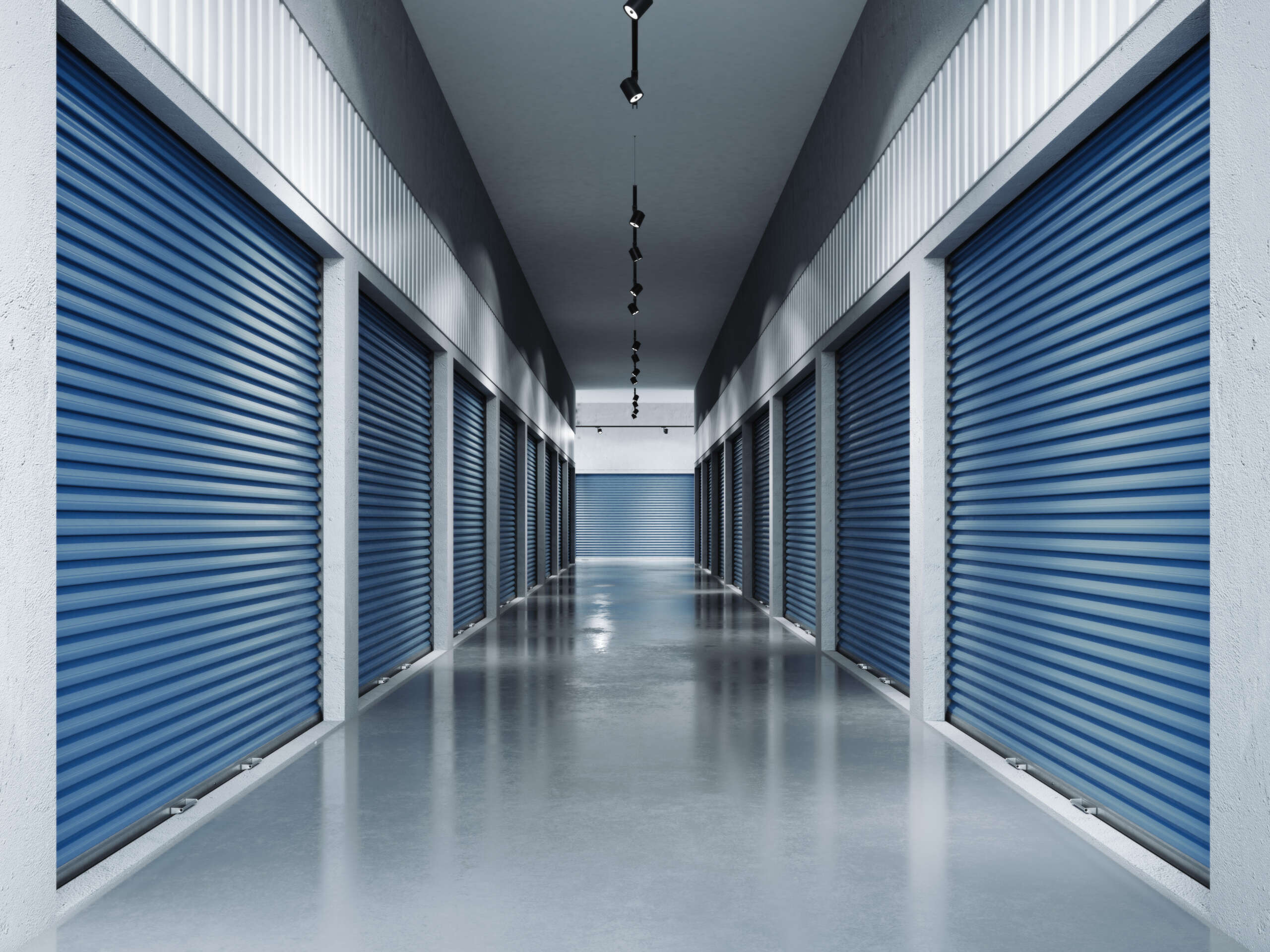When renting a self-storage unit, one of the most important factors to consider is climate control. Many self-storage facilities now offer temperature- and humidity-regulated units designed to protect your valuables from extreme weather conditions.
Whether you’re storing wood furniture, electronics, artwork, or important documents, climate-controlled storage ensures your items remain safe, undamaged, and in pristine condition for the long term.
What Is Climate-Controlled Storage?
Climate-controlled storage units are designed to maintain a stable temperature and humidity level, typically between 55°F and 80°F (13°C – 27°C). This prevents damage caused by extreme heat, cold, moisture, and humidity fluctuations.
Unlike standard storage units, these spaces are usually indoors, insulated, and equipped with HVAC systems, dehumidifiers, and air circulation to create an optimal storage environment.
What Items Should Be Stored in Climate-Controlled Units?
Some items are particularly sensitive to temperature and humidity and should always be stored in a climate-controlled unit, including:
Furniture & Antiques
- Wood furniture can warp, crack, or rot in high humidity.
- Leather sofas and chairs can dry out and crack in extreme heat.
Documents, Books & Photographs
- Paper products are prone to yellowing, warping, and mildew growth in high humidity.
- Important business files, personal records, and rare books should be kept in a controlled environment.
Artwork & Collectibles
- Paintings, sculptures, and delicate collectibles can suffer from mold, warping, or color fading if exposed to fluctuating temperatures.
- Stamps, coins, and vintage memorabilia require consistent humidity levels to prevent deterioration.
Musical Instruments
- Guitars, violins, and pianos can become out of tune, crack, or warp if exposed to extreme heat or moisture.
Electronics & Appliances
- High humidity can cause rust, mold, and internal damage to computers, TVs, and home appliances.
- Cold temperatures can damage battery life and circuits in electronics.
Clothing & Fabrics
- Fabrics can absorb moisture, leading to mold and mildew.
- Wedding dresses, suits, and leather items need controlled air quality to prevent deterioration.
Wine & Specialty Storage
- Fine wines need a stable temperature to maintain flavor and prevent spoilage.
- Climate-controlled storage can mimic wine cellar conditions for collectors.
Top Benefits of Climate-Controlled Storage
1. Protects Against Extreme Temperatures
✔ Prevents heat-related warping, melting, or cracking of sensitive materials.
✔ Avoids freezing damage to electronics, glass, or liquids during cold months.
2. Regulates Humidity Levels
✔ Helps prevent mold, mildew, and wood rot on furniture, books, and fabrics.
✔ Reduces moisture damage to paper documents, paintings, and photographs.
3. Enhances Security & Cleanliness
✔ Indoor climate-controlled storage units are typically better protected from dust, pests, and external elements.
✔ Many facilities feature indoor access, reducing exposure to outdoor dirt and debris.
4. Increases Long-Term Preservation
✔ Ideal for family heirlooms, antiques, and high-value possessions.
✔ Helps preserve business inventory, records, and temperature-sensitive products.
5. Greater Peace of Mind
✔ Knowing your belongings are in a stable environment prevents unexpected damage.
✔ Great for both short-term and long-term storage needs.
When Should You Choose Climate-Controlled Storage?
If you live in an area with extreme seasonal changes – High heat, humidity, or freezing temperatures can damage sensitive items.
If you’re storing items for long periods – Climate control ensures they remain in top condition over months or years.
If you’re storing valuable, irreplaceable, or delicate items – Family heirlooms, collectibles, and important documents need extra protection.
If you’re a business storing inventory or records – Electronic equipment, paperwork, and supplies last longer in a controlled space.
How to Choose the Right Climate-Controlled Storage Facility
🔹 Check Temperature & Humidity Control – Ask what range the facility maintains and if they offer humidity control in addition to temperature regulation.
🔹 Inspect Facility Cleanliness & Security – Indoor climate-controlled storage should have good ventilation, pest control, and security measures.
🔹 Consider Location & Accessibility – Ensure the facility is convenient and offers 24/7 access if needed.
🔹 Compare Pricing & Unit Sizes – Climate-controlled units cost more than standard storage, but the investment is worth it for valuable or delicate items.
🔹 Read Reviews & Ask About Maintenance – A well-maintained facility should have consistent climate control, working HVAC systems, and regular inspections.
Climate-controlled storage is an excellent option for those who need extra protection against heat, humidity, and cold temperatures. Whether you’re storing personal items, business inventory, or valuable antiques, a climate-controlled unit provides peace of mind and long-term preservation.
Before renting a storage unit, consider whether climate control is necessary to prevent damage and ensure your belongings remain in perfect condition. Investing in the right storage solution now can save you from costly replacements and repairs later!
How can storfindr help you get access to the right self-storage?
At storfindr Inc., we believe the everyday person should have access to the same level of convenience, quality and attention to detail as a large enterprise. It’s an experience that starts with finding the right size unit, and a convenient location.
To inquire about a partnership with your business and storfindr Inc., click here.
For more information or just to discuss your logistics needs, contact us at info@storfindr.com.
Need help with getting your large item from A -> B, we have you covered. Check out our parent company GoGedit for assistance.


